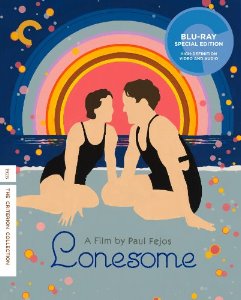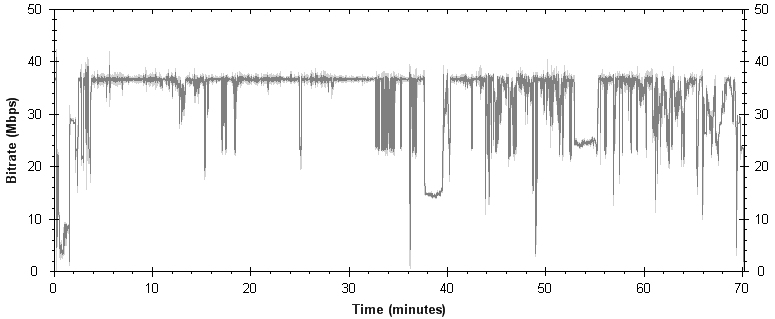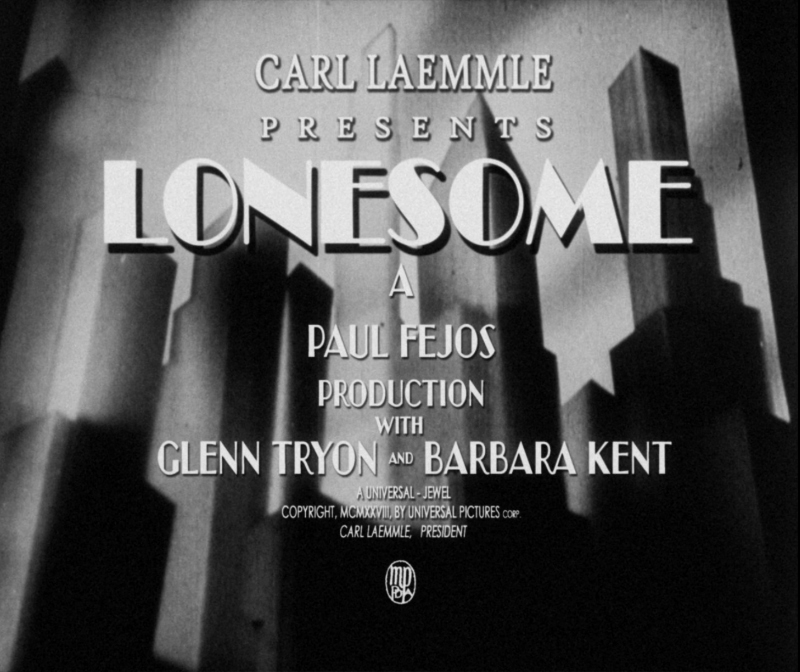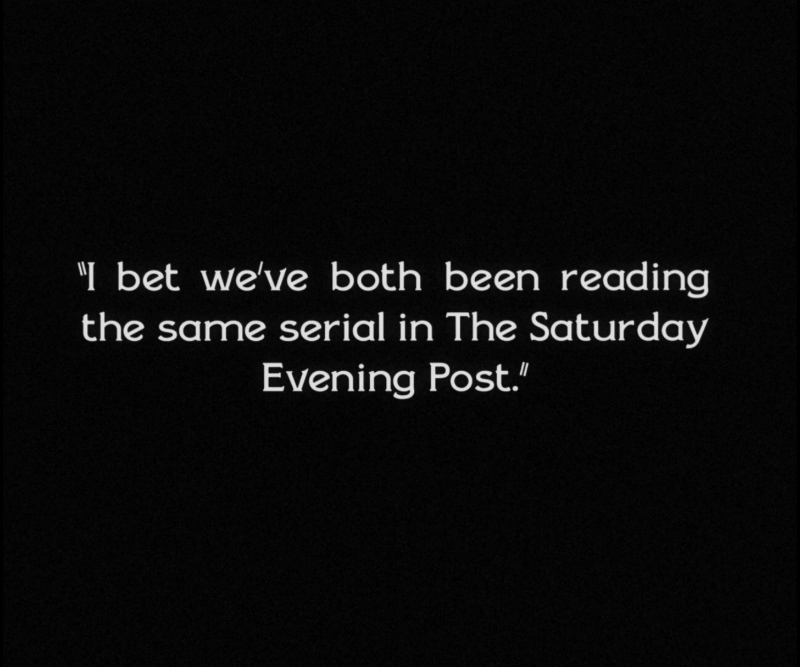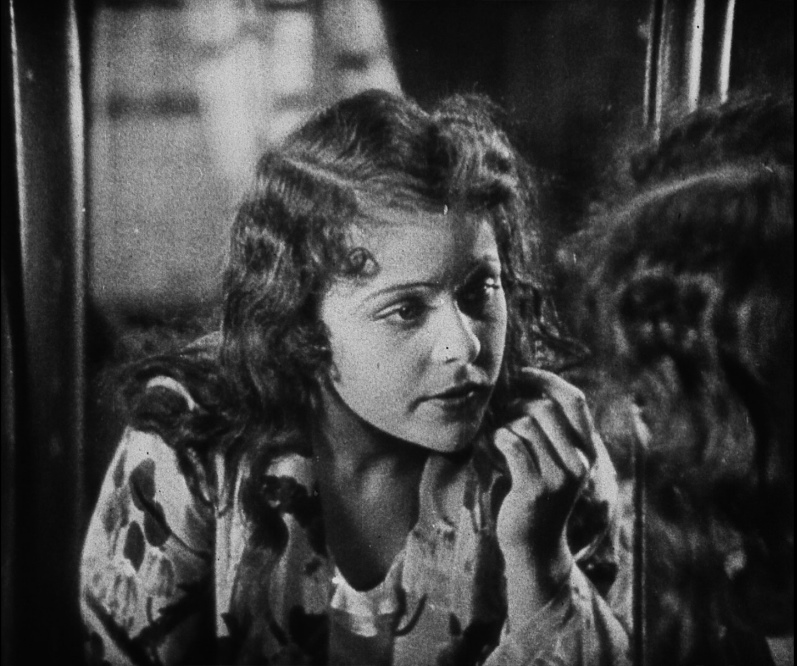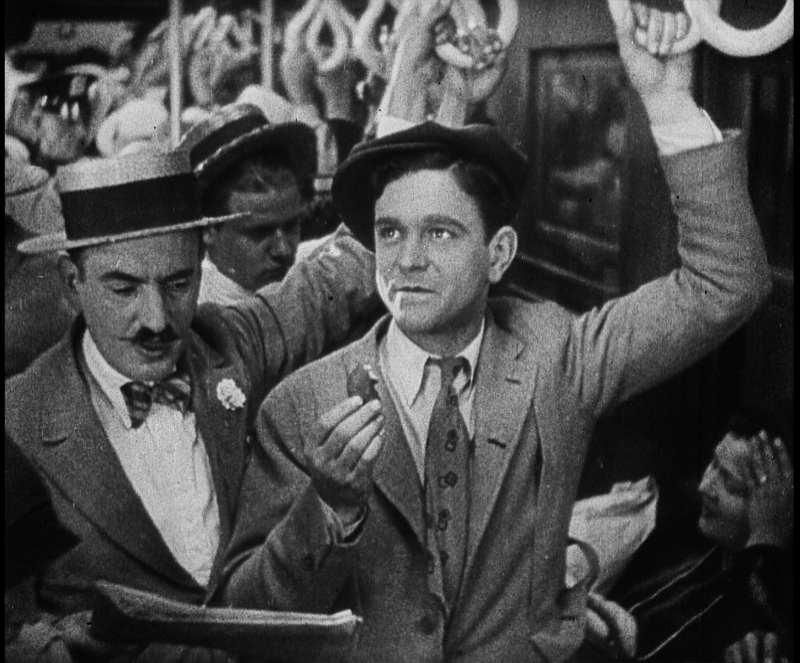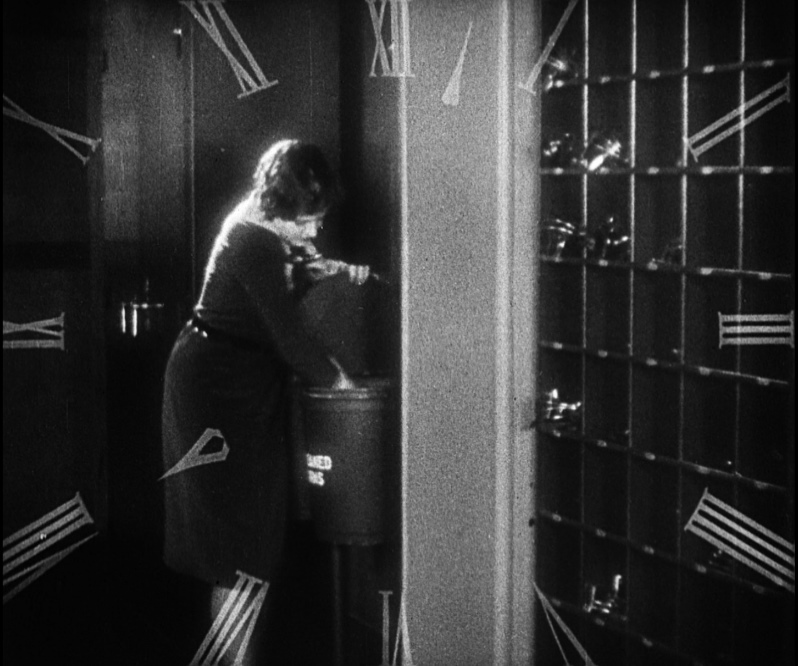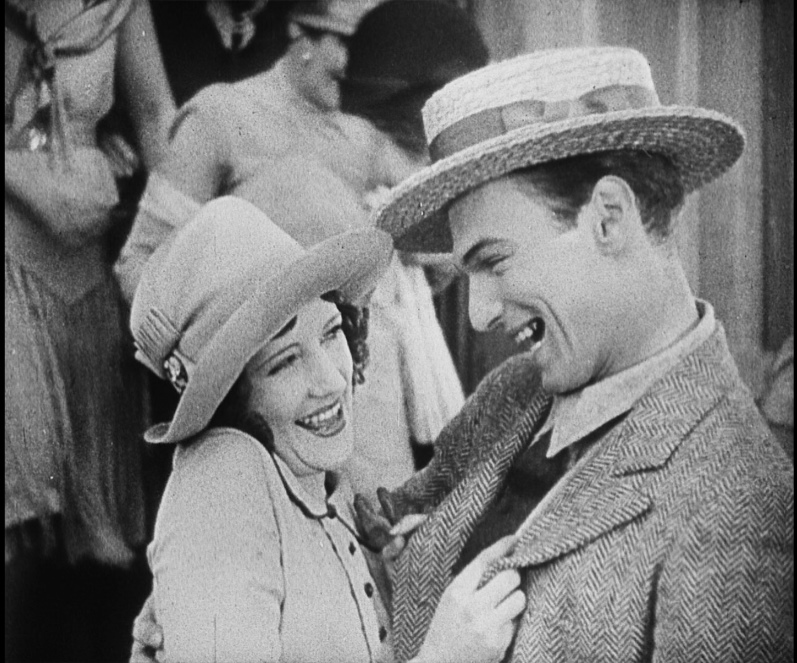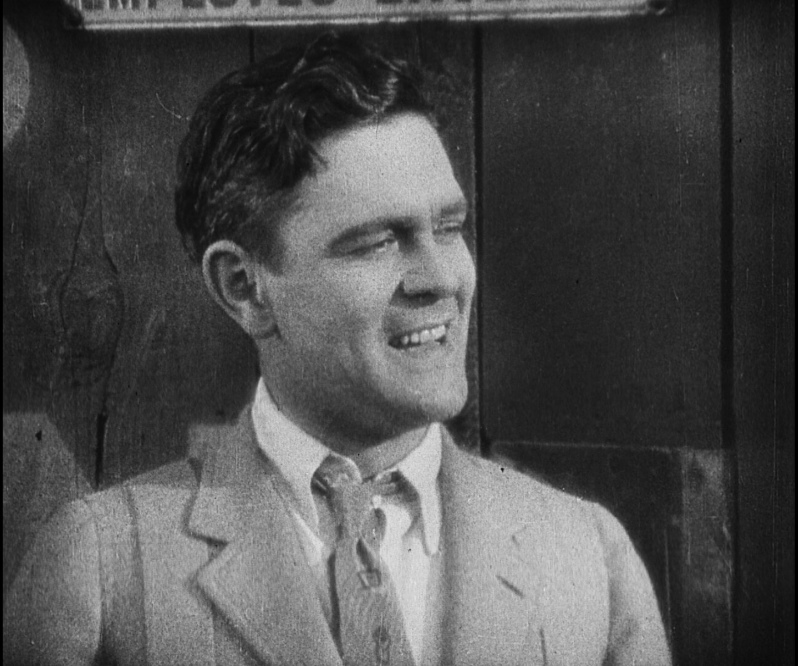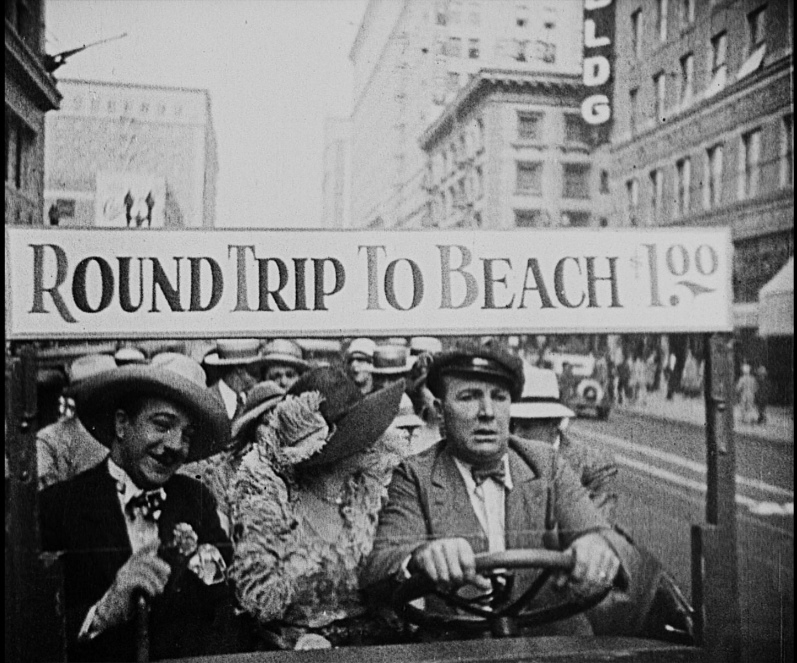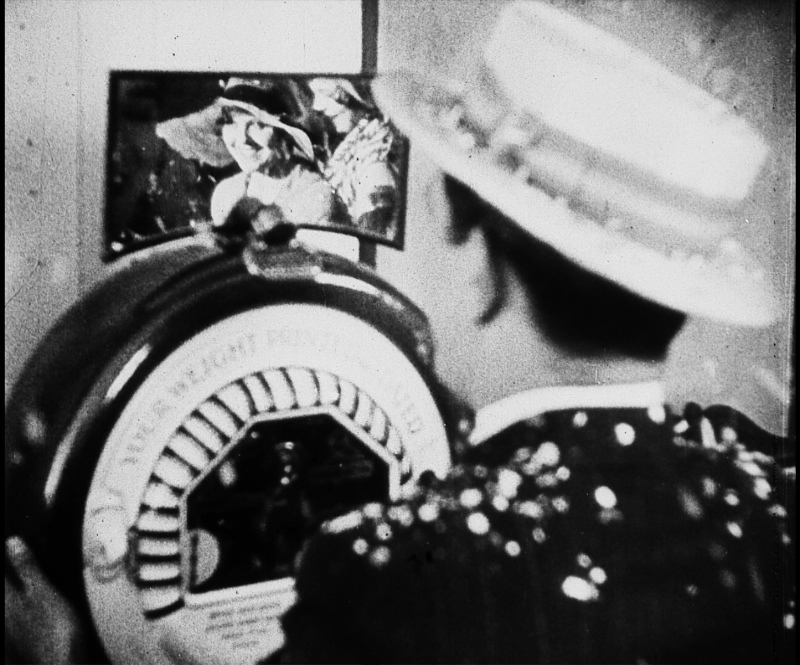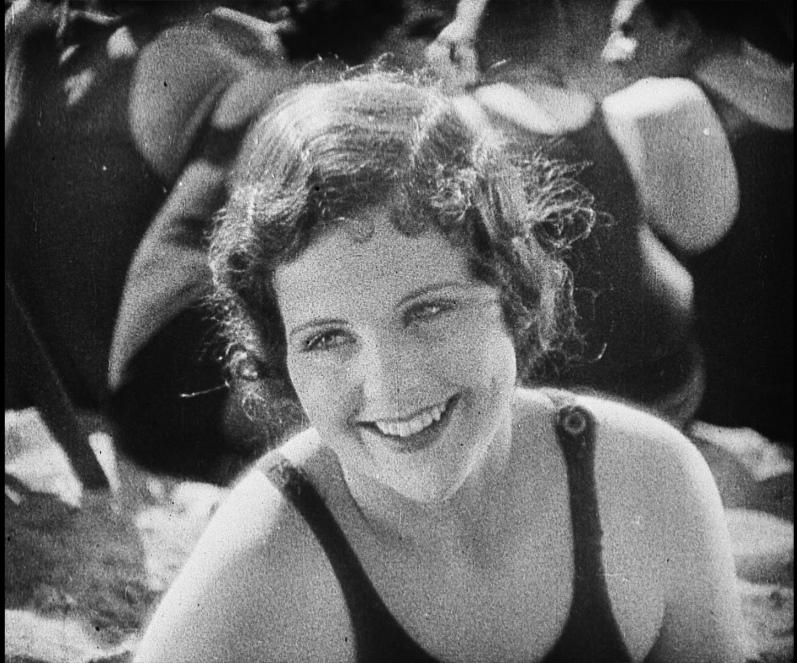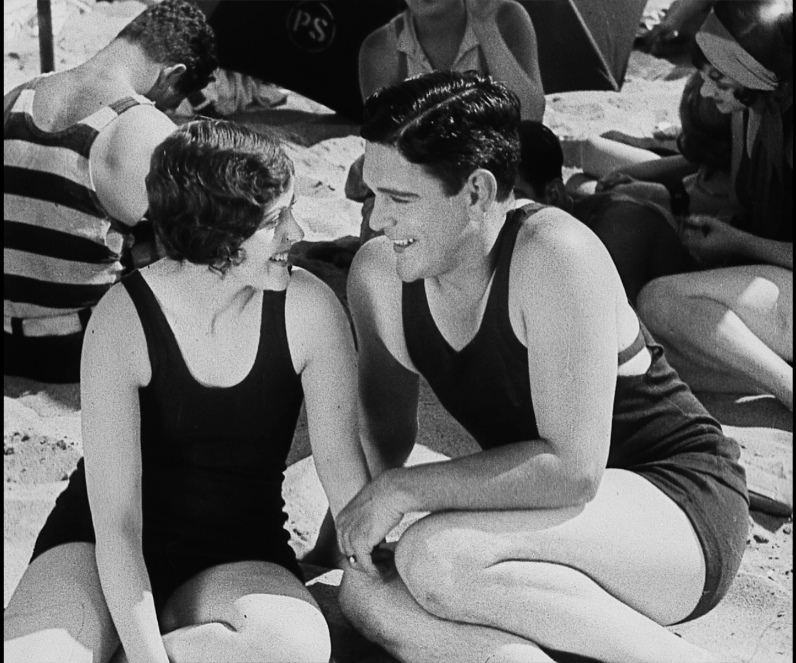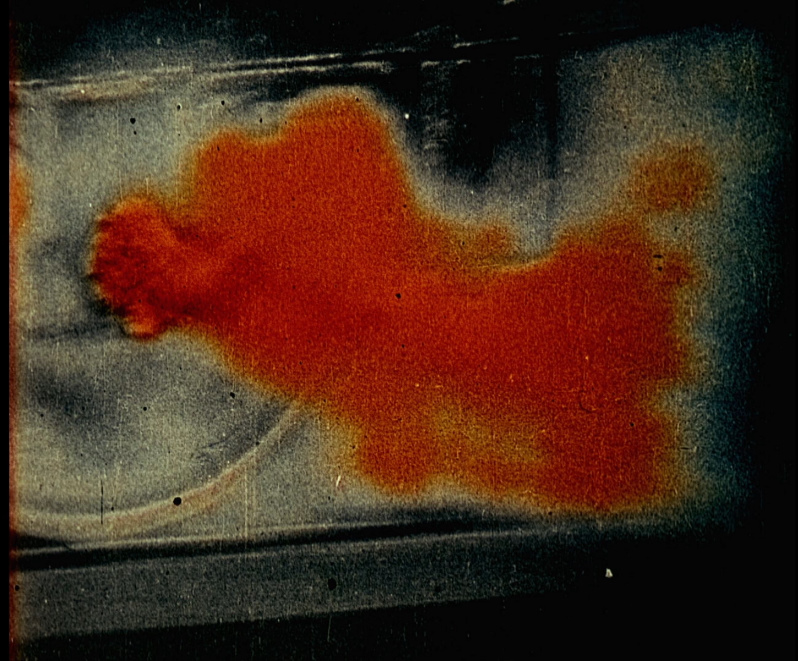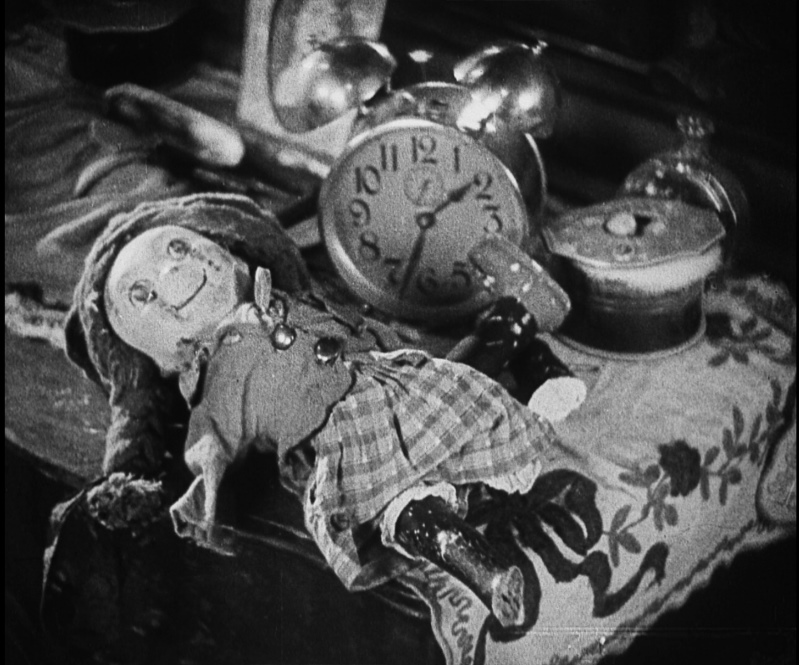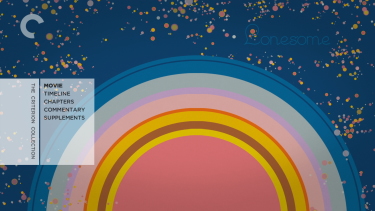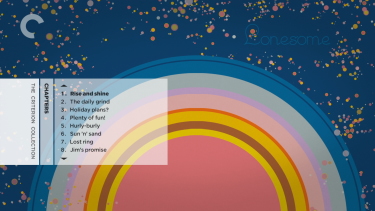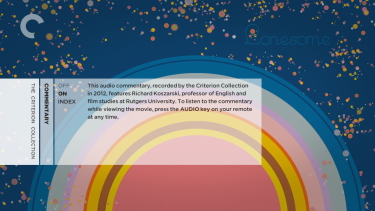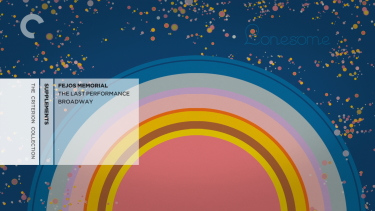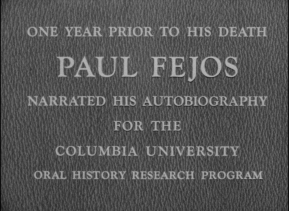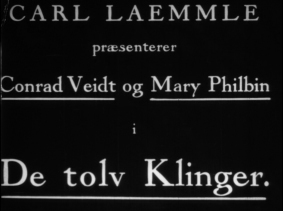![]()
![]()

![]()
![]()
|
Search DVDBeaver |
S E A R C H D V D B e a v e r |
|
|
Lonesome [Blu-ray]
(Pál Fejös, 1928)
Review by Gary Tooze
Production: Theatrical: Universal Picture Corporation Video: Criterion Collection Spine #623
Disc: Region: 'A' (as verified by the Momitsu region FREE Blu-ray player) Runtime: 1:10:09.330 Disc Size: 47,306,451,767 bytes Feature Size: 19,579,219,968 bytes Video Bitrate: 32.99 Mbps Chapters: 15 Case: Standard Blu-ray case Release date: August 28th, 2012
Video: Aspect ratio: 1.33:1 Resolution: 1080p / 23.976 fps Video codec: MPEG-4 AVC Video
Audio: LPCM Audio English 1152 kbps 1.0 / 48 kHz / 1152 kbps / 24-bit Commentary: Dolby Digital Audio English 192 kbps 1.0 / 48 kHz / 192 kbps
Subtitles: English (SDH), none
Extras:
• Audio commentary featuring film historian Richard Koszarski
Bitrate:
Description: A buried treasure from Hollywood’s golden age, Lonesome is the creation of a little-known but audacious and one-of-a-kind filmmaker, Paul Fejos (also an explorer, anthropologist, and doctor!). While under contract at Universal, Fejos pulled out all the stops for this lovely, largely Silent New York City symphony set in antic Coney Island during the Fourth of July weekend, employing color tinting, superimposition effects, experimental editing, and a roving camera (plus three dialogue scenes, added to satisfy the new craze for talkies). For years, Lonesome has been a rare treat for festival and cinematheque audiences, but it’s only now coming to home video. Rarer still are the two other Fejos films from his Universal years included in this release: The Last Performance and a reconstruction of the previously incomplete sound version of Broadway, in its time the most expensive film ever produced by the studio.
The Film:
Dr. Paul Fejos, producer of that unusual film "The Last Moment,"
is responsible for "Lonesome," the production with which
Universal has re-opened the Colony Theatre. This current attraction
suggests an O Henry story without that author's keen insight into human
nature. It is agreeable and interesting, a relief in many respects from
the cut and dried picture formula so frequently set forth as a
narrative. But there are a number of episodes where Dr. Fejos's
imagination seems stunted. Sometimes it looks as though he did not know
what to do with his characters; he also sounds the same note too often. Lonesome is a working-class lullaby. In finding its plot in the day-to-day activities of everyday life, Lonesome reminds of a narrative version of Berlin: Symphony of a Great City, and also anticipates the docu-drama prototype People on Sunday that borrows significantly from Fejos’ story. With almost no intertitles, the film’s opening sequence shows the expressive magnificence of editing during the Silent era. Its heroes, Mary (Barbara Kent) and Jim (Glenn Tyron), are average blue-collar citizens and their story is that of an ordinary day. They may not know each other, but they are isolated parts of the same machine. They rise early, dress hurriedly, dunk their doughnuts in coffee at the local diner, and rush to join the crowd as the whole city heads to work. Fejos crams the image with so many people it seems as though the screen will burst and subway passengers will spill out into the aisles. Excerpt from Not Coming to a theatre near you located HEREImage : NOTE: The below Blu-ray captures were taken directly from the Blu-ray disc. The varying quality of Criterion's Blu-ray image is entirety due to the condition of the Eastman restored source. There is light damage and speckles but the grain is exquisite. This is dual-layered with a very high bitrate and we can guess that it is as solid representation of Lonesome as we are likely to get on digital. The contrast is at Criterion's high standard. The color example is somewhat of a novelty. This Blu-ray exports the imperfect source wonderfully in 1080P. I REALLY enjoyed the presentation.
CLICK EACH BLU-RAY CAPTURE TO SEE ALL IMAGES IN FULL 1920X1080 RESOLUTION
Audio :The score and brief dialogue are presented via a linear PCM mono track at 1152 kbps. The score sounds great and the dialogue, predictably imperfect. The intertitles are pristine in a wonderful font (and in English). M y Momitsu has identified it as being a region 'A' disc.
Extras : Criterion have really stacked the disc starting with a professional audio commentary featuring film historian Richard Koszarski author of An Evening's Entertainment: The Age of the Silent Feature Picture, 1915-1928 (History of the American Cinema). The Last Performance, director Paul Fejos's 1929 Silent starring Conrad Veidt as a vengeful magician smitten with his assistant, Like many pictures bridging the Silent and sound eras - it was initially filmed as a Silent then had dialogue added before its release. Unfortunately, the part-talkie version of the film no longer exists. It is presented with the Danish version of the Silent film, re-titled "De tolv kilnger" (The Twelve Swords) with a new score by composer Donald Sosin. It runs an hour in HD. We also get a reconstructed sound version of Broadway (1:44:27), Fejos's 1929 musical - a black-and-white tale of hoofers and gangsters in a New York Nightclub that features a daring Technicolor finale, released as both a Silent and sound feature - although the last reel of the sound film has been lost - it was reconstructed incorporating the Silent version with a sound element discovered in a private collection. There is 20minutes of a Fejos Memorial, a 1963 visual essay produced by Paul Falkenberg and 7-minutes of audio excerpts about Broadway from an interview with cinematographer Hal Mohr. The package contains a booklet featuring essays by critic Phillip Lopate.
BOTTOM LINE: Gary Tooze August 21st, 2012
|
|
About the Reviewer: Hello, fellow Beavers! I have been interested in film since I viewed a Chaplin festival on PBS when I was around 9 years old. I credit DVD with expanding my horizons to fill an almost ravenous desire to seek out new film experiences. I currently own approximately 9500 DVDs and have reviewed over 5000 myself. I appreciate my discussion Listserv for furthering my film education and inspiring me to continue running DVDBeaver. Plus a healthy thanks to those who donate and use our Amazon links.
Although I never wanted to become one of those guys who
focused 'too much' on image and sound quality - I
find HD is swiftly pushing me in that direction. 60-Inch Class (59.58” Diagonal) 1080p Pioneer KURO Plasma Flat Panel HDTV PDP6020-FD
Oppo Digital BDP-83 Universal Region FREE Blu-ray/SACD
Player APC AV 1.5 kVA H Type Power Conditioner 120V Gary W. Tooze ALL OUR NEW FORMAT DVD REVIEWS
|
![]()
![]()

![]()
![]()


